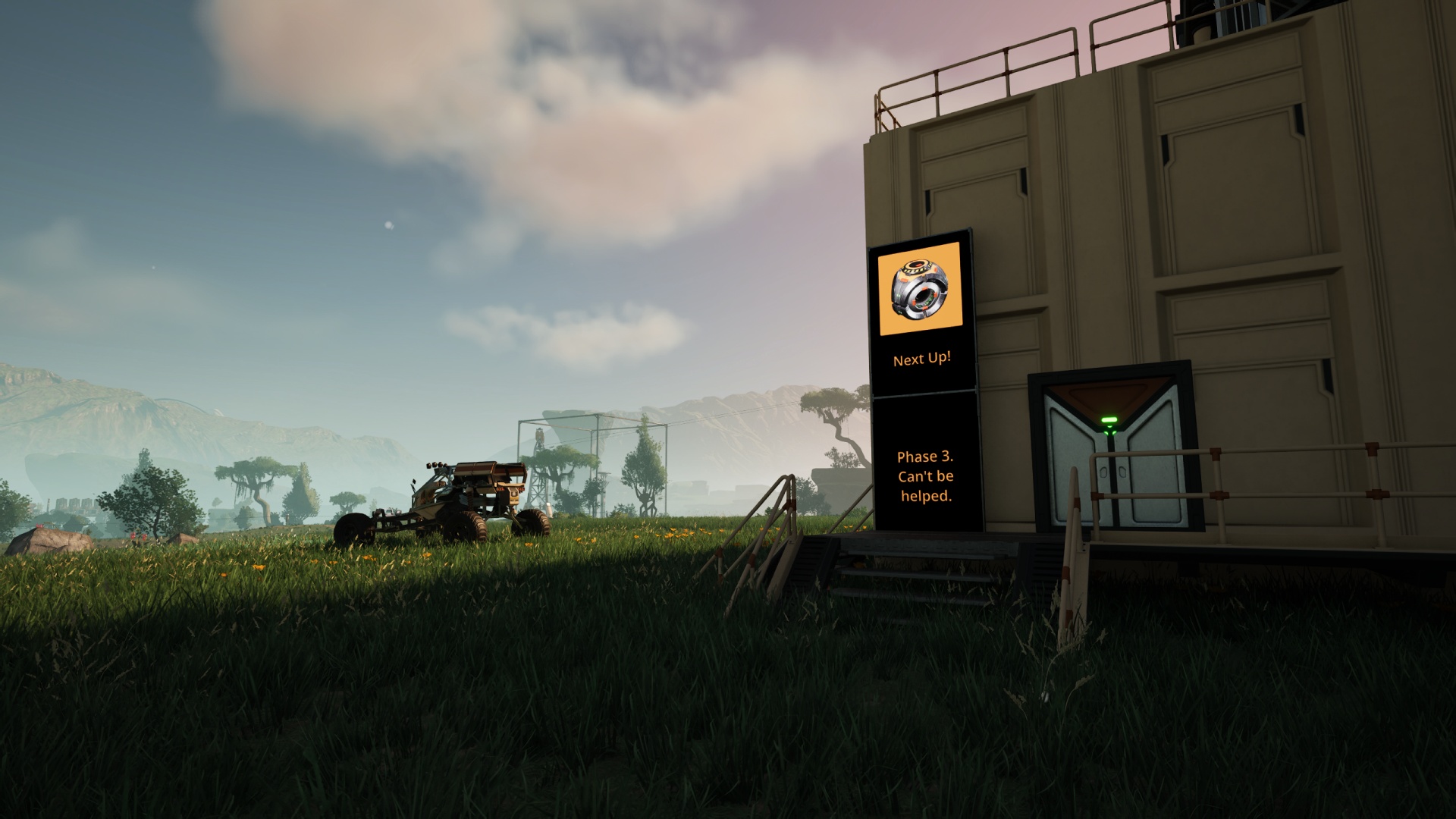If you listen to radio stations over the internet, you should be aware of the following information quoted from SaveInternetRadio.org and an in-house email here at Entercom:
America’s fledgling Internet radio industry continues to react in shock to the recent Copyright Arbitration Royalty Panel (“CARP”) decision that Webcasters should pay “performance rights” fees to record labels that are so high that they are currently more than 100% of most Webcasters’ gross revenues!
The royalty rates are perceived by most observers as so high that they will effectively kill Internet radio as an industry if they’re accepted by the U.S. Copyright Office. (The Copyright Office will decide whether to accept, reject or modify the rates and terms set forth in the report within the next 75 days.)
The following is a brief synopsis of this issue:
On October 28, 1998, President Bill Clinton signed the “Digital Millennium Copyright Act.” Among other things, the act established a new principal that the owners of sound recording copyrights (i.e., record companies) are entitled to compensation when their works are performed on Internet radio. (Under U.S. copyright law, radio stations pay royalties to the composers of the songs they play, but not to artists or record companies. For broadcast radio, Congress has always assumed that the promotional value of the airplay was sufficient compensation to those parties.) The DMCA’s rationale for granting performance royalties in the digital world was based on the concept that digital copies are “perfect” copies and thus the sales of CDs might be at risk in this new “digital millennium.”
The DMCA called for the U.S. Copyright Office to determine the appropriate performance royalty, with the amounts due to be retroactive to October, 1998 (the date of the passing of the DMCA). The Copyright Office gave sound recording copyright owners (represented by the RIAA) and webcasters/broadcasters the opportunity to negotiate a royalty among themselves. When those negotiations failed, the office authorized a Copyright Arbitration Royalty Panel (CARP) to determine an appropriate rate.
On February 20, 2002, the CARP arbitrators issued their recommendation –
.14 cents per song per listener for Internet-only webcasters
.07 cents (.0007) per song per listener for broadcast radio simulcasts
.02 cents per song per listener for non-commercial radio simulcasts
In addition, in an issue not involving the CARP, the RIAA has requested specific information – 18 different data fields – about each song that we play. This information runs the gamut from the artist, song title, retail UPC code, catalog number, ISRC code, etc… The RIAA also wants a listener log with details that would require us to enforce mandatory registration before the listener could stream your station.
If the ruling stands, most internet only radio stations (especially very small start ups) will be out of business as the royalty fees are significantly larger than their almost non-existent revenues. Most industry experts agree that most traditional radio stations will cease streaming due to costs as well. Many broadcasters and webcasters believe the RIAA would like to see us out of the streaming business, leaving the door open for them to create their own streaming stations to promote and sell their member’s music. Otherwise they would have chosen a method of royalty payment that would supported the growth of this new industry rather than kill it.
I don’t really have much to add to the quoted material above other than my general sense of disgust with the apparent marriage of big business and the United States government. I would like to draw your attention to the paragraph about the RIAA’s requirements. They will insist upon being given very specific data about each and every music track that is streamed… data that most broadcasters will be technically challenged to provide.
Put another way, the digital audio storage systems that most radio broadcasters use would need to be heavily modified to store and return this kind of data. Who’s going to pay for those software re-writes? I doubt that Enco or any of its competitors are going to offer these major upgrades for free.
To keep abreast of the issues, I recommend visiting the RAIN (Radio And Internet Newsletter) website.
